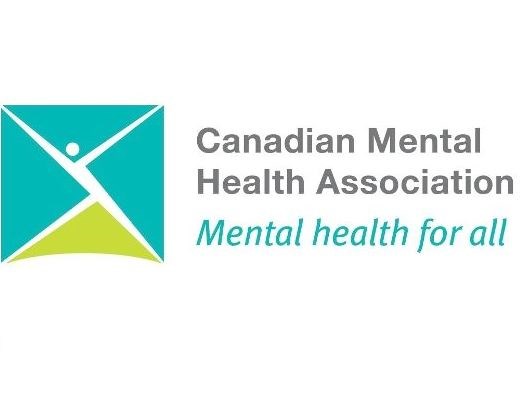Being a little nosey can sometimes be a life-saving gesture.
That's the advice Mary Lu Spagrud has for those worried a friend or relative is on the verge of taking their own life.
Signs can be both obvious and subtle and there is no textbook way to be sure, the education and projects manager for the Canadian Mental Health Association's northern region said Tuesday.
Spagrud said it's often a matter of relying on gut feeling and characterized those indications as "invitations" to find out what's wrong.
"These invitations are as unique to the individual as the individual as the individual is," Spagrud said. "We often talk about changes in that person's norm is, we talk about seeing things - maybe people lashing out or withdrawing from normal activities. Normally they sleep well and now they're not sleeping well."
What someone is saying can also be a clue.
"Sometimes it can be as direct as 'I want to kill myself,' and at other times it's 'things would be better off if I'm not here,' or 'I can't take this much more,'" Spagrud said.
Support services were put in place over the weekend following what School District 57 has described as a "sudden death" of a College Heights Secondary School student but, according to numerous posts on social media, was the second death by suicide at the school in less than two weeks.
Spagrud said simply reaching out and asking "are you OK?" can be helpful. Even if the person doesn't want to talk about it, the gesture can nudge them in the right direction. But a little training can also go a long way.
The CMHA offers a half-day workshop through its Prince George office. Called SafeTALK, it's open to anyone over age 15 years old - although some leeway has been given - regardless of prior experience or training.
Those who take the training learn to recognized the signs and do some triage and point the person in the right direction in terms of getting longer-term help.
The CMHA also offers Applied Suicide Intervention Skills Training (ASIST), a more advanced two-day program for anyone over 15 years old, also regardless of prior experience, who wants to be able to provide "suicide first aid."
"Participants learn to intervene and help prevent the immediate risk of suicide," according to the CMHA Prince George website.
For young people, Spagrud said it's often a matter of lacking life experience to know that "this too shall pass."
"They may feel that they may not want to live anymore but they sometimes forget that they didn't always feel this way," she said.
Adding to the trouble, they often feel their only option is to die. The key, Spagrud said, is to offer a third alternative that will keep them out of harm's way for the time being.
"Just in this moment in time, what would you need to be safe," she said.
It can often come down to small changes, said Spagrud, like making sure to get enough sleep or looking at a major disappointment in another way.
"Oftentimes the blinders are on and they're unable to see other options and other alternatives," she said.
All that aside, a wave and a smile can sometimes go a long way. Spagrud recalled a client who was about to jump off a bridge when a friend, unaware of what he was about to do, honked and waved as he drove by.
"And just that moment of connection, of that smile and that wave, reminded him that he was important enough and not jump," she said. "So it's really important that we reach out as well."
Those interested in taking either SafeTALK or Applied Suicide Intervention Skills Training (ASIST) is welcome to leave their name with CMHA for contact when dates for delivering the programs are available.



